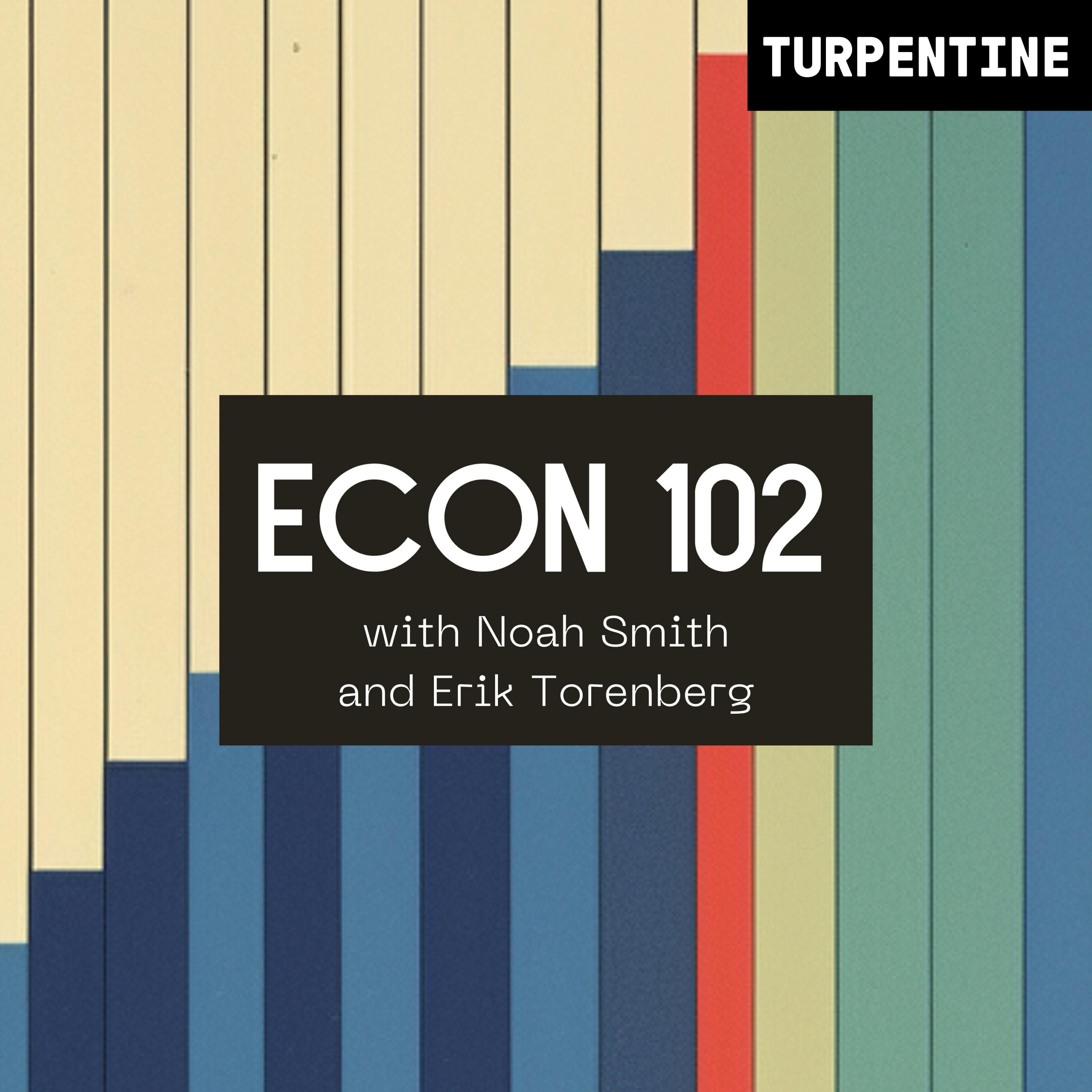PortalsOS
Related Posts
Vote to see vote counts
Internet capital markets will embed finance into media, making markets part of everyday content like sports and news.
The media landscape has become more fragmented, with audiences gravitating towards content that aligns with their specific interests and beliefs.

The decline of centralized media authority has been accompanied by a rise in individual influencers and content creators who can reach audiences directly through digital platforms.
The polarization of media formats into short-form and long-form content reflects a barbell effect, where middle-ground formats are losing relevance.
The shift from traditional media to new media formats like podcasts allows for longer, more in-depth discussions, which many audiences find appealing.
The evolution of media has led to a barbell effect, with audiences gravitating towards either very short or very long content formats.

The rise of parasocial relationships with AI could lead to a decline in real human connections, posing a significant societal challenge.

The potential for AI to create personalized, compelling content could transform current media consumption habits.

Podcasting offers depth in a world full of TikToks and Instagrams that you can't remember. You probably can't recall the last thing you saw on Instagram, but you can remember the last thing you watched on Netflix. Depth is disproportionately valuable.

Prediction markets will change how financial media works, allowing people to bet on various outcomes directly from media content.